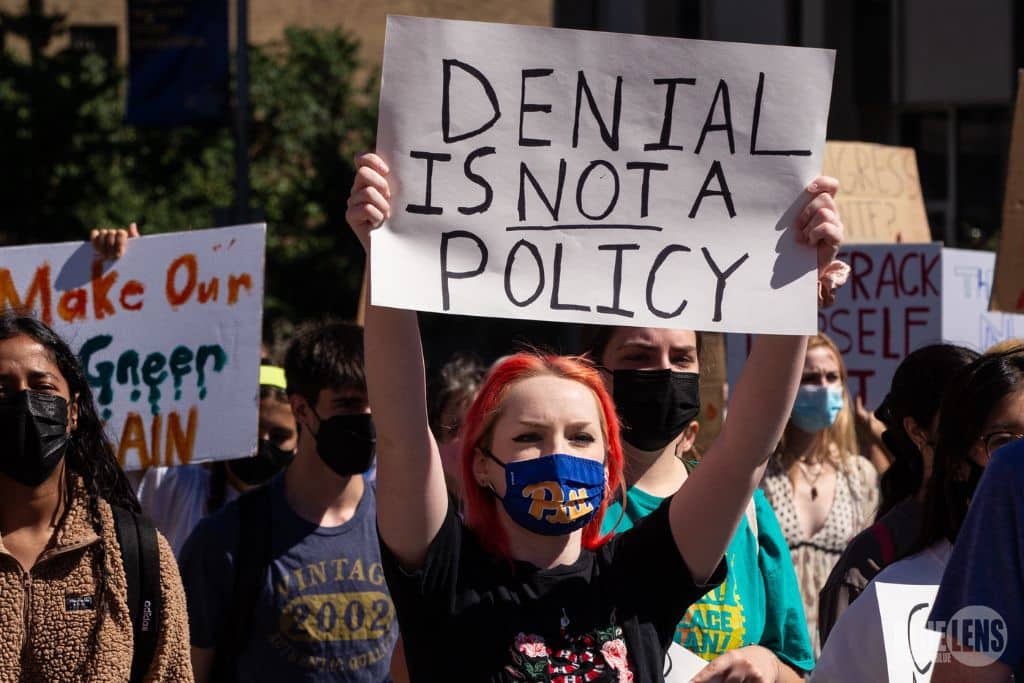Listen to the article
UN Initiative Seeks Solutions to Combat Climate Change Disinformation
The COP30 Presidency has issued a global call for concrete initiatives to address climate change disinformation, marking the first time information integrity has been formally included in the COP Action Agenda.
The Global Initiative for Information Integrity on Climate Change, established by UNESCO, the UN, and the Brazilian government, is crowdsourcing solutions to tackle disinformation tactics that delay and derail climate action. Organizations have until August 31 to submit proposals, with selected initiatives to be showcased at the COP30 conference in Brazil this November.
This push comes at a critical time when public understanding and concern about climate change remain fragmented despite overwhelming scientific consensus. In the United States, more than a third of adults express no concern about climate change, according to recent data from the Yale Program on Climate Change Communication. Among those who acknowledge climate change exists, only 60% attribute it to human activity.
Media coverage of climate issues has simultaneously declined sharply. The Media and Climate Change Observatory reports that newspaper coverage of climate change dropped 28% globally in June 2025 compared to the previous year, further limiting public exposure to critical climate information.
“The climate crisis isn’t just a scientific or political issue, it’s a communications issue. If lies spread unchecked, actions will stall,” said Imran Ahmed, CEO of the Centre for Countering Digital Hate (CCDH), in a recent speech.
The UN’s first Global Risk Report, released earlier this month, identified misinformation and disinformation as the world’s top vulnerability. Environmental risks constitute five of the top ten most significant risks across all regions, highlighting the intersection between information integrity and climate action.
At the G20 Leaders’ Summit where the initiative launched, UN Secretary-General António Guterres called for strengthened action against “coordinated disinformation campaigns impeding global progress on climate change, ranging from outright denial to greenwashing to harassment of climate scientists.”
Last year, Guterres urged countries to ban fossil fuel advertising similar to tobacco restrictions, accusing the industry of “shamelessly greenwashing” while delaying climate action through “lobbying, legal threats, and massive ad campaigns.”
The initiative, dubbed “mutirão” (Portuguese for “joint effort”), seeks existing actions across multiple domains, including research on climate disinformation, tools to promote information integrity, communication strategies, support for environmental journalism, protection of scientific data, advertising supply chain transparency, and climate-related media literacy.
Experts remain divided on the most effective communication approaches. Michael Gold of Climate Swings suggests that “inspiring, uplifting stories about people doing awesome things are always going to land better than wonky scientific explanations or doom-and-gloom narratives.” This aligns with the approach of climate optimists like Anne Therese Gennari and Abby Hopper.
However, the CCDH’s 2024 report notes that climate deniers have evolved their tactics from outright denial to what they term “new denial” – claiming that climate solutions won’t work and that climate science itself is unreliable. This shift requires fact-based countering strategies alongside positive narratives.
Climate scientist Katherine Hayhoe recently categorized most climate denial into five types: claims that climate change isn’t real, isn’t human-caused, isn’t harmful, can’t be fixed, or that it’s too late to address.
Existing initiatives addressing climate information integrity include support for climate journalism, academic programs like the Yale Program on Climate Communication, and creative approaches through the Hollywood Climate Summit and Climate Fiction Writers League, which integrate climate information into popular media.
COP30 will take place in Belém, Brazil, from November 10-21, 2025, where selected proposals from this initiative will be presented on the global stage.
Fact Checker
Verify the accuracy of this article using The Disinformation Commission analysis and real-time sources.




10 Comments
This is an important initiative to combat climate disinformation. Addressing the spread of misinformation is crucial for effective climate action. I’m curious to see what concrete solutions emerge from this global call.
This initiative aligns well with the growing push for information integrity online. Combating the spread of climate misinformation could have far-reaching benefits for public understanding and engagement on this critical issue.
Tackling disinformation is essential for galvanizing public support and political will to address climate change. I hope the proposed solutions are effective and scalable across different regions and platforms.
Kudos to Brazil, UNESCO, and the UN for spearheading this important effort. Addressing climate disinformation is a complex challenge, but this global initiative could yield valuable insights and solutions.
I agree, this is a much-needed intervention. Disinformation has been a major obstacle to climate action for too long.
While the scale of the climate disinformation problem is daunting, I’m hopeful that this call for proposals can uncover innovative ways to counter misleading narratives and restore public trust in climate science.
Absolutely. Restoring trust in climate science is crucial for galvanizing the public support needed for meaningful action.
The timing of this call for proposals is crucial, given the worrying trends in public climate skepticism and declining media coverage. I hope the selected initiatives can make a tangible difference ahead of COP30.
The decline in media coverage of climate change is concerning, especially given the ongoing public uncertainty and skepticism. This UN-led effort could help restore factual, science-based narratives around the climate crisis.
Crowdsourcing ideas to combat climate disinformation is a smart approach. It will be interesting to see the range of innovative proposals from organizations around the world. Transparency and accountability will be key for their success.